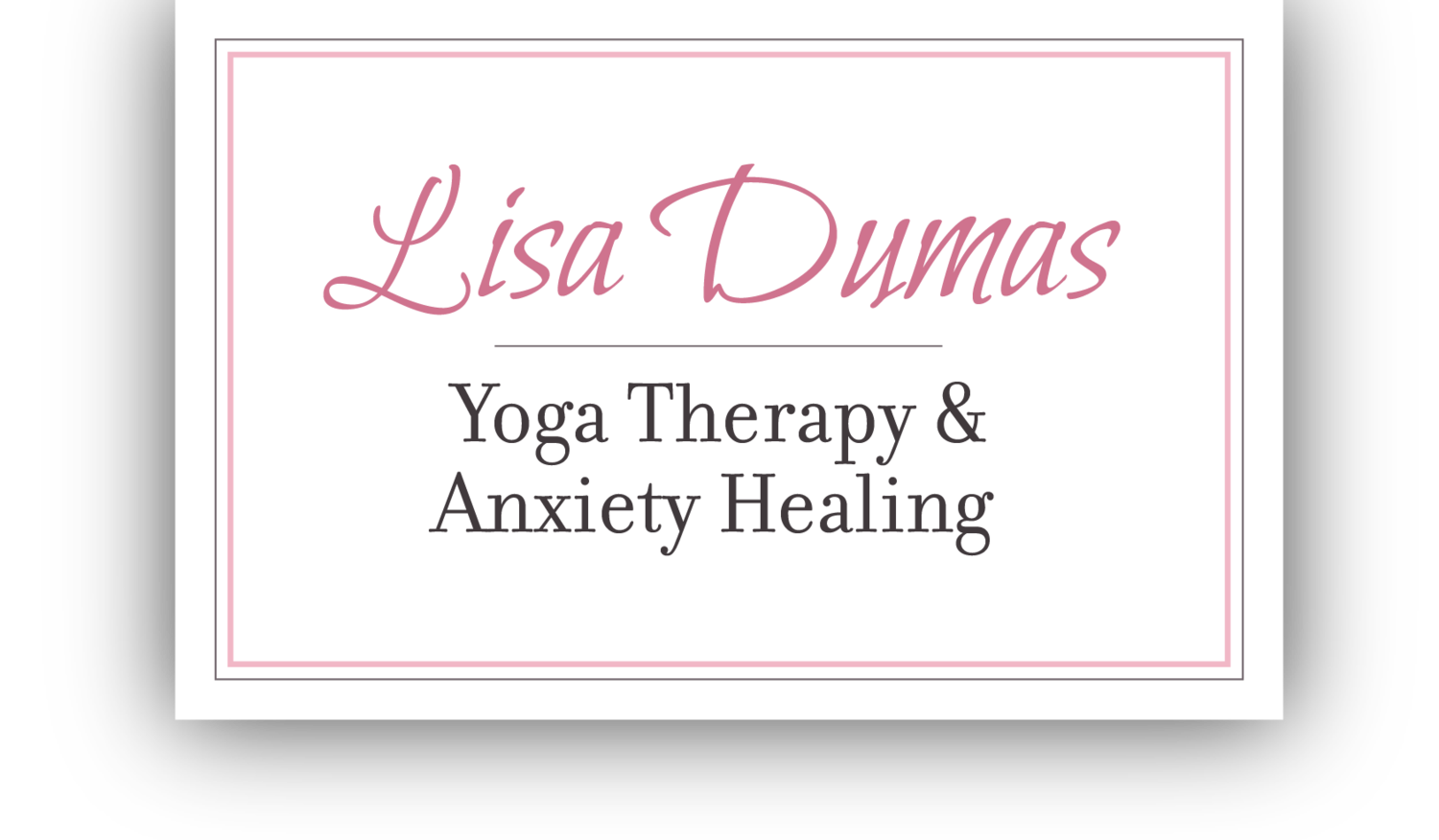What has Anxiety Stolen from You?
The Worrier to Warrior Blog: Reclamations of a Courageous Heart
What has Anxiety Stolen from You?
In this blog’s focus on how the paths of yoga can help to heal anxiety, I’m turning the lens to an ethical guideline included in a complete yoga practice known as Asteya (non-stealing). When we long for inner peace and deep contentment, observing the personal vows (yamas, according to the classical text; The Yoga Sutras) included in the underpinnings of yoga can help. It’s always a great idea to stop doing anything that doesn’t serve our highest good, or the good of others. Clearly, stealing property from an individual or corporation would cause us unnecessary stress, as would chronically arriving late (stealing the time of others), gossiping (stealing the reputation of others), or indulging in words, thoughts or actions that aren’t generous in spirit. Asteya gives us a lot to think about in our practice of self-study. When I think of non-stealing as it relates to anxiety, I think of how much of my life was stolen by untrue thinking.
This is an important practice for healing.
Ask yourself:
What has anxiety stolen from me?
Psychologist Ron Siegel has said that it’s helpful to understand just how much we miss out on when we’re afraid to attend the event, speak our truth or step out of our sometimes very narrow comfort zones. The answer you get isn’t intended to layer on a heavy dose of shame, but to help you to reject and heal the limiting beliefs that keep you feeling trapped, fearful and hiding.
Imagine what life would be like if you weren't (irrationally) afraid.
Ask yourself:
What if it didn’t matter to you what other people thought?
What if you were no longer afraid of showing up as who you are meant to be?
What does life look like without nervousness and self-consciousness?
One of my wonderful teachers, Yogarupa Rod Stryker, has this to say about self-consciousness:
“True confidence is a realization, not a creation. It is a living, vibrant expression of your soul’s nature. A lack of confidence is learned, while authentic confidence endures because it is not attached to a thing. Put a “self” in front of confidence and you’ve got a false, very fragile construct. There is no separate self to be proud of. Just be. Know yourSelf. What you beam will put self-confidence to shame.” This teaching inspires me and is so much easier to read than to live. I would guess that most of us experience our confidence as false and fragile. So, what to do?
Some ideas:
-Change your actions to change your thinking. Just take the next action, even while feeling fear (fake it till you make it).
-Receive and release deep breaths while attempting the thing that scares you. It’s hard for the fight or flight response to kick in when we’re breathing fully and completely (especially exhales).
-Regularly visualize your daily life free from irrational fear. Make it a practice to imagine yourself making the speech, having the conversation or going to the crowded place. Visualize yourself smiling and feeling calm. Imagine how much stronger you will have become after accomplishing your goal despite your anxiousness about it.
-Commune with something higher than you. This will mean something different to everyone. Contemplate the part of you that is not afraid; what would that higher Self want you to know? Trust in the Divine, in the flow of life, the unselfconsciousness of nature, whatever offers a deep sense that everything will be alright, and you are stronger than you can imagine.
If you’d like to customize a set of tools for you to heal anxiousness, perfectionism and shame, I invite you to take a look into how I work with people one on one.
Please sign up to receive my regular blogs and event schedule, I am preparing some exciting online opportunities to help soothe the anxious mind an body coming soon!
With LOVE, Lisa

